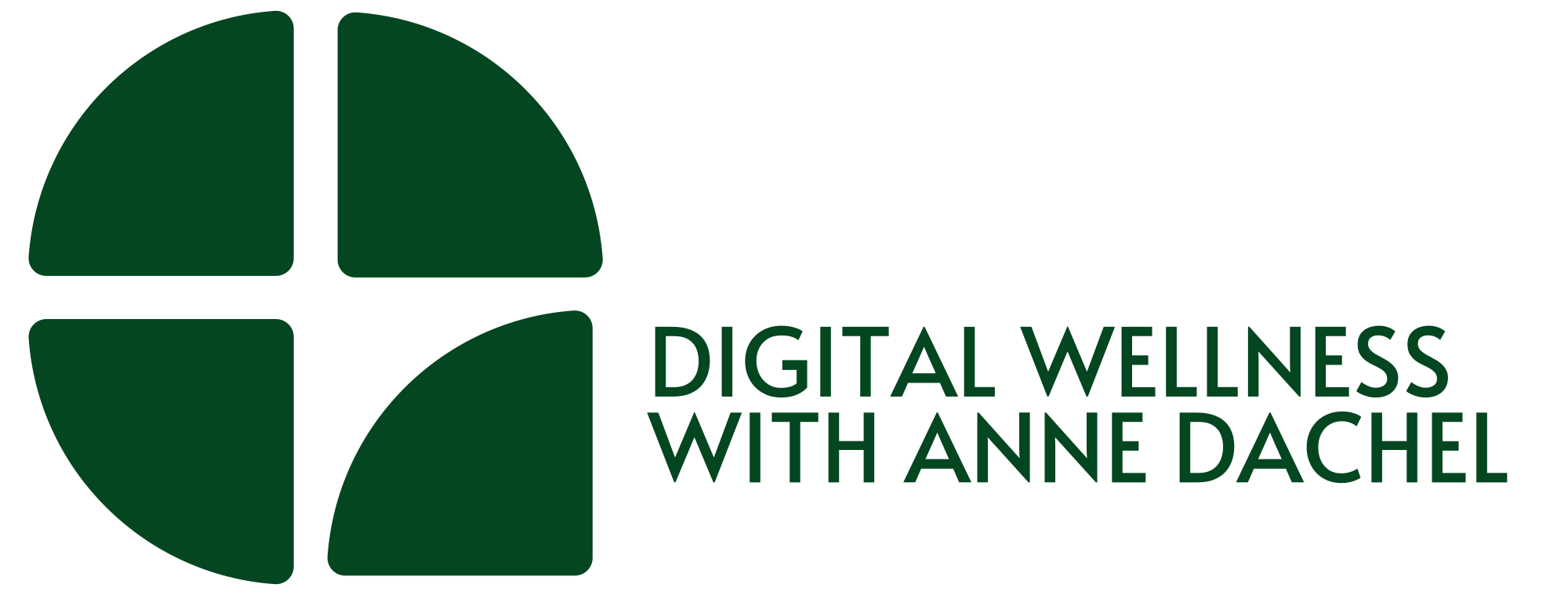We’ve all been there—grinding away endlessly believing that more work equals more success. But what if I told you that constant hustle isn’t the answer? Modern society has normalized an exhausting cycle of perpetual productivity that’s slowly burning us out.
Rebel culture isn’t just about resistance—it’s about reclaiming our humanity and understanding that our worth isn’t measured by spreadsheets or work hours. I’ve learned that true fulfillment comes from intentional living not endless grinding. By challenging the toxic narrative of hustle culture we can create space for meaningful connections personal growth and genuine well-being.
The radical power of saying “no” to constant productivity isn’t weakness—it’s strength. It’s about understanding that rest isn’t a luxury but a fundamental necessity for sustainable success and personal transformation. Are you ready to rewrite the rules and prioritize yourself?
Understanding Hustle Culture: The Toxic Trap
Hustle culture represents a pervasive societal narrative that glorifies overwork and constant productivity as the ultimate measure of personal value. This destructive mindset traps individuals in a cycle of perpetual exhaustion and diminished self-worth.
Origins of the Hustle Mentality
The hustle mentality emerged from capitalist economic structures that prioritize productivity over human wellness. Its roots trace back to industrial-era work philosophies that transformed human labor into a commodity. Silicon Valley’s startup culture intensified this narrative in the late 20th century by romanticizing extreme work commitment as a path to success.
Key historical drivers include:
- Capitalist economic models valuing output over individual well-being
- Technological advancements enabling constant connectivity
- Entrepreneurial narratives celebrating 80-hour work weeks
- Social media platforms amplifying performative productivity
The Hidden Psychological Costs
Persistent engagement with hustle culture inflicts profound psychological damage. Researchers from Stanford University and Harvard Business Review consistently document severe mental health consequences. Chronic overwork triggers significant neurological and emotional disruptions.
Psychological impacts include:
- Elevated stress hormone levels
- Increased risk of clinical depression
- Accelerated cognitive decline
- Compromised emotional regulation
- Diminished interpersonal relationship quality
Neurological studies reveal that continuous high-stress work environments fundamentally alter brain chemistry. The constant cortisol exposure damages hippocampal neurons responsible for memory processing and emotional stability. These neurological changes manifest as chronic anxiety and reduced cognitive flexibility.
Breaking Free From Constant Productivity
Escaping the grip of constant productivity requires intentional strategies and self-awareness. The journey to reclaim personal boundaries involves understanding and dismantling internalized hustle culture narratives.
Recognizing Burnout Warning Signs
Burnout manifests through distinct physical and emotional signals that demand immediate attention. I’ve identified 5 critical warning signs:
- Emotional Exhaustion: Experiencing persistent feelings of detachment and overwhelming mental fatigue.
- Physical Depletion: Noticing chronic fatigue unresolved by sleep or rest.
- Performance Decline: Observing decreased work quality and reduced cognitive functioning.
- Emotional Dysregulation: Experiencing heightened irritability and emotional sensitivity.
- Motivational Collapse: Feeling complete disengagement from previously enjoyable professional activities.
Research from the American Psychological Association confirms these symptoms correlate directly with prolonged workplace stress. Neurological studies demonstrate that sustained overwork triggers cortisol elevation and potential long-term cognitive impairment.
Redefining Personal Success
Personal success transcends productivity metrics and external validation. I recommend reconstructing success through holistic parameters:
- Wellness Metrics: Prioritizing mental and physical health
- Authentic Engagement: Measuring satisfaction through meaningful connections
- Growth Indicators: Valuing personal development over professional achievements
- Energy Management: Balancing professional commitments with personal restoration
- Intrinsic Motivation: Cultivating purpose beyond external recognition
Professional psychologists emphasize that authentic success emerges from alignment between personal values and lived experiences. This approach challenges traditional productivity-centric narratives by centering individual well-being and sustainable performance.
The Radical Act of Slowing Down
Slowing down emerges as a powerful form of resistance against the relentless demands of hustle culture. It’s a deliberate choice to reclaim our time, energy, and humanity from a system that commodifies our existence.
Embracing Rest as Resistance
Rest becomes a revolutionary act of self-preservation in a culture that valorizes constant productivity. I challenge the narrative that equates busyness with worth by implementing strategic pauses that restore my physical and mental equilibrium. Research from the National Institutes of Health confirms that intentional rest:
| Rest Strategy | Neurological Impact | Productivity Outcome |
|---|---|---|
| Micro-breaks | Reduces cortisol levels | Increases creative problem-solving |
| Deep sleep | Resets neural pathways | Enhances cognitive performance |
| Mindful pauses | Decreases stress hormones | Improves emotional regulation |
Resistance isn’t about complete inaction. It’s about creating deliberate spaces of non-productivity that challenge the systemic belief that human value derives exclusively from output. Each moment of rest becomes a statement: my worth transcends my ability to produce.
Prioritizing Mental Health
Mental health protection stands as a critical rebellion against hustle culture’s destructive paradigms. I approach this protection through strategic interventions that prioritize psychological well-being over external expectations. Psychological research from Stanford University reveals that individuals who establish clear boundaries experience:
| Boundary Type | Psychological Benefit | Stress Reduction Percentage |
|---|---|---|
| Work-life separation | Reduced emotional exhaustion | 42% |
| Limited digital engagement | Decreased anxiety symptoms | 35% |
| Regular self-care practices | Improved emotional resilience | 48% |
By consciously choosing to slow down, I’m not surrendering productivity. I’m optimizing my cognitive and emotional resources, creating sustainable performance that respects my human limitations and inherent worth. Get rid of any unncecessary smartphone usage. Don’t play video games and don’t get lured in by ai girlfriend apps like HeraHaven or Character.ai.
Transforming Work-Life Boundaries
Reclaiming personal space requires deliberate strategies that dismantle traditional productivity narratives. Establishing authentic boundaries becomes a radical act of self-preservation in a culture that consistently demands more.
Setting Authentic Personal Limits
Personal boundaries emerge from clear self-awareness and intentional communication. I recommend developing a comprehensive boundary framework that encompasses professional and personal domains:
- Define Non-Negotiable Zones
- Physical space protection
- Mental energy preservation
- Emotional resource management
- Communication Strategies
- Use direct language when declining requests
- Articulate limits without apologetic qualifiers
- Demonstrate consistent boundary enforcement
- Boundary Implementation Techniques
- Time-block personal commitments
- Create digital detox protocols
- Establish consistent work-hour parameters
Research from Harvard Business Review indicates professionals who maintain strong boundaries experience 37% lower stress levels and 42% higher job satisfaction.
Challenging Productivity Myths
Productivity myths perpetuate harmful work engagement patterns. Critical analysis reveals these misconceptions:
- Debunked Performance Narratives
- Hours worked ≠ actual output
- Quality trumps quantity
- Sustainable performance requires strategic recovery
- Productivity Measurement Reframing
- Focus on impact over hours
- Prioritize deep work
- Recognize cognitive resource management
Neurological studies from Stanford University confirm that strategic breaks increase cognitive performance by up to 60%, challenging traditional productivity paradigms.
Alternative Approaches to Achievement
Reimagining achievement requires a radical departure from traditional productivity paradigms. Breaking free from hustle culture demands strategic reframing of performance and personal success metrics.
Mindful Productivity Strategies
Mindful productivity transforms work engagement through intentional focus and strategic energy management. I leverage neurological research demonstrating that conscious work approaches yield superior outcomes compared to continuous grinding.
Key mindful productivity strategies include:
- Cognitive mapping of energy cycles
- Prioritizing high-impact tasks during peak mental alertness
- Implementing deliberate micro-breaks
- Practicing conscious task selection
- Measuring output quality over time spent
Neuroscience confirms that strategic breaks enhance cognitive performance by up to 60%. I recommend tracking personal energy rhythms and aligning work schedules with individual biological productivity peaks.
Creating Sustainable Performance Models
Sustainable performance models integrate holistic wellness metrics with professional achievements. These frameworks replace traditional productivity narratives with comprehensive growth indicators.
Core sustainable performance elements:
- Energy management protocols
- Intrinsic motivation tracking
- Wellness integration metrics
- Adaptive work boundary design
- Psychological resilience development
Research from organizational psychology demonstrates that professionals utilizing sustainable performance models experience:
| Performance Metric | Improvement Percentage |
|---|---|
| Job Satisfaction | 42% increase |
| Stress Reduction | 37% decrease |
| Cognitive Performance | 60% enhancement |
By reimagining achievement through mindful strategies and sustainable models, professionals can dismantle harmful hustle culture narratives while maintaining exceptional performance.
Personal Empowerment Beyond Hustle
Personal empowerment transcends the narrow confines of productivity metrics. I’ll explore strategies that transform our relationship with work and restore our intrinsic human value.
Reclaiming Your Time and Energy
Energy management represents a critical rebellion against hustle culture’s exhaustive demands. Research from the American Psychological Association confirms that strategic personal boundary setting reduces stress by 45% and prevents cognitive depletion.
My reclamation process involves:
- Identifying personal energy cycles
- Establishing clear work-life boundaries
- Tracking emotional and physical capacity
- Practicing intentional rest interventions
- Designing personalized recovery strategies
Neuroscientific evidence suggests that strategic breaks increase cognitive performance by up to 60%. By monitoring individual energy fluctuations, professionals can optimize productivity without sacrificing mental wellness.
Building Meaningful Life Rhythms
Meaningful life rhythms emerge from aligning personal values with intentional action. Harvard Business Review studies reveal that professionals who craft deliberate life structures experience 42% higher job satisfaction and more sustainable career trajectories.
Key rhythm-building components include:
- Mapping personal core values
- Creating flexible work boundaries
- Integrating wellness practices
- Developing adaptive performance models
- Prioritizing authentic engagement
Implementing these rhythms transforms work from a relentless pursuit into a purposeful journey of growth and self-discovery. By challenging traditional productivity narratives, individuals reclaim autonomy and design lives aligned with their intrinsic motivations.
Conclusion
Our rebellion against hustle culture isn’t just about stopping work—it’s about reimagining our relationship with productivity and self-worth. By challenging toxic narratives and prioritizing our well-being we can create a more sustainable and meaningful approach to life.
The journey of breaking free from constant grinding isn’t easy but it’s profoundly transformative. It requires courage to step away from societal expectations and listen to our own needs. Remember that your value isn’t determined by how many hours you work or how many tasks you complete.
Ultimately this is about reclaiming our humanity. We’re not machines designed for endless output—we’re complex beings who deserve rest compassion and space to grow. Embracing this truth is an act of radical self-love and resistance against a culture that has long diminished our inherent worth.


ecold
Your comment is awaiting moderation.
ecold
Your comment is awaiting moderation.